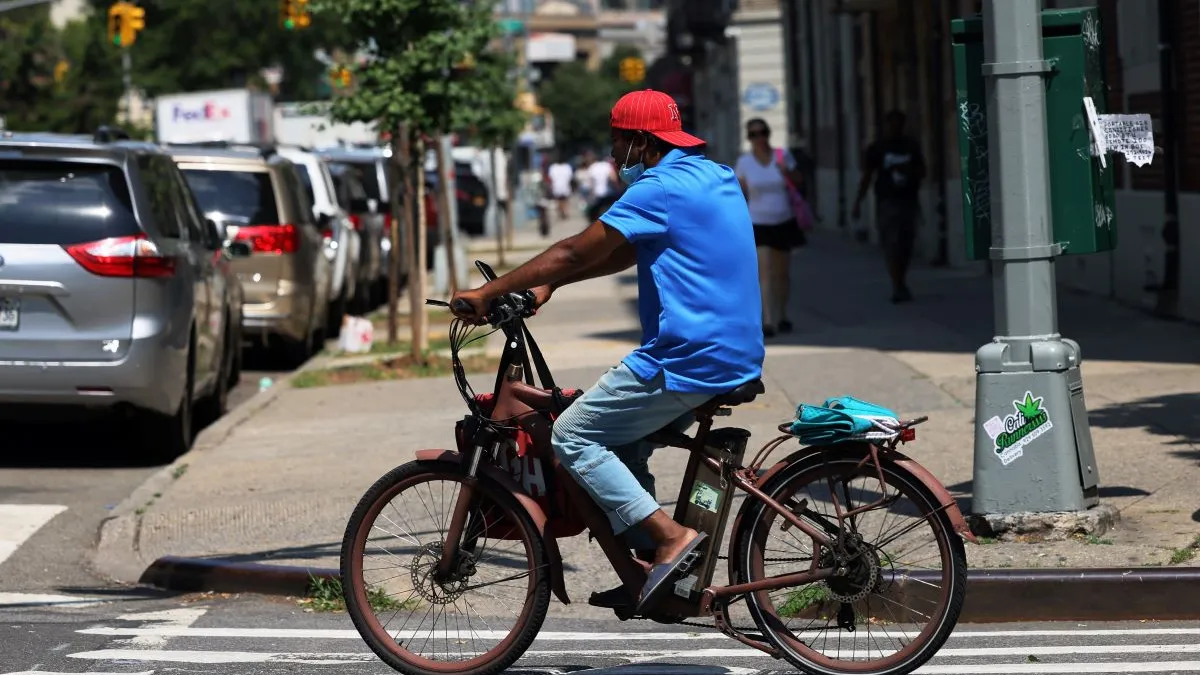Dive Brief:
- A lawsuit filed in 2021 against New York City’s 15% delivery fee cap law can proceed after Judge Gregory Woods of the U.S. District Court for the Southern District of New York dismissed the city’s motion to dismiss the suit, according to an order filed Tuesday.
- Woods ruled that the complaints of delivery aggregators Uber Eats, DoorDash, Grubhub, Caviar, Seamless and Postmates were plausible. The companies claim New York City interfered with their contracts and devised the fee cap with hostility toward the third-party delivery industry.
- Woods also found it plausible that the city had overstepped the policing powers delegated to it by the New York State Constitution.
Dive Insight:
This ruling does not settle the case, but makes it more likely that New York City will face a trial over the fee cap law, increasing the pressure on New York’s government to find a compromise with delivery aggregators. Currently, there is a bill under consideration by the New York City Council to ease the restrictions imposed by delivery fee caps.
The potential end of New York City’s delivery fee caps would fit into a broader judicial trend that has seen delivery aggregators and other gig economy companies successfully defeat or otherwise limit the impact of regulations implemented in the wake of the COVID-19 pandemic.
One of the first major efforts to regulate delivery aggregators was AB 5 in California, which defined workers of those companies are employees, rather than independent contractors. AB 5 passed in 2019, was challenged, frozen and then defeated by a referendum, Proposition 22, and remains stuck in a judicial purgatory.
Other attempts at regulation, including delivery fee caps and efforts to improve wages and working conditions, have followed similar trajectories. Just Eat Takeaway’s CEO Jitse Groen noted in 2022 that the political environment in the United States had shifted in favor of aggregators specifically on fee caps.
Seattle and San Francisco passed exemptions to their fee caps in 2022, making it possible for aggregators to charge more for services beyond core delivery functions. Earlier this summer, a state judge granted delivery aggregators an injunction against New York City’s regulatory effort to establish a minimum wage for app-based delivery drivers.
Woods questioned whether the delivery fee cap statute had a significant and legitimate public purpose, and suggested that the New York City Council may have supported the legislation out of animus toward delivery companies.
“As alleged, the City’s legislation has deprived Plaintiffs of the benefit of their bargains and is causing them to lose money,” Woods wrote. Later in the complaint, the judge added that statements by the council members backing the fee cap “evinced a hostility toward [delivery aggregators] as out-of-state actors.”










